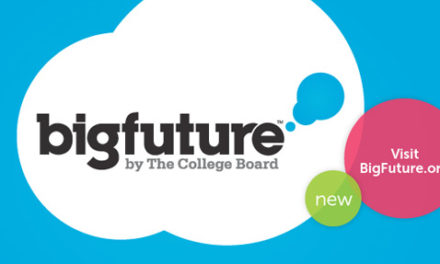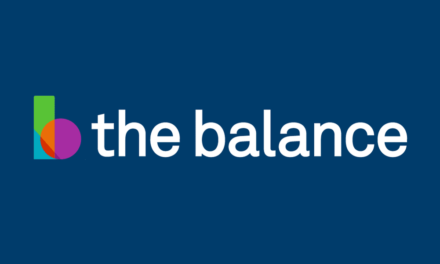When high school and college rolls around, the ability to write a strong resume is necessary. Whether it is a summer job or an internship, resumes are essential for your attractiveness to employers. This document provides employers with insight on the character, skills, accomplishments and experiences of the applicant.
When starting a resume, it is crucial to keep organization and readability in mind. A resume does not need to be an epic anthology of your life, but a concise summary of important traits that make the applicant in question stand out amongst the hundreds or thousands plus job or internship requests. For high school students, categories such as volunteering, hobbies, education, skills and even prior employment are great to incorporate into a resume. Next, to enhance the employer’s experience reading a resume, staying professional and articulate shows maturity and increases the chances of getting the position. It is preferable for resumes to be limited to one side of a single page of a heavier type of paper such as a 24lb sheet. Bullets points, adequate line space and bold or italicized subcategories are some of the ways to keep a resume brief and legible. Fonts such as Times New Roman and Arial are not distracting and are commonly used in official documents including resumes. Also, name, contact information, a summary of eligibility for the position or an objective statement describing the goal of the resume are useful for employers who typically have to assess and select numerous applications in a constrained amount of time. Oftentimes, it is overwhelming to address the many demands of resume and this may leave you feeling frustrated and stuck. To solve this issue, there are several web sources such as Big Future, Live Career and The Balance which provide in-depth information about resume writing tips, example resumes in addition to online templates that can be used to model and inspire your resume.
Although there are various aesthetic aspects in the formatting of an essay, the content of the resume is what really matters. A resume should not be a bland list of qualifications but a captivating snapshot of what makes you the perfect person for the position. According to Plain Language, “active language” refers to the subject performing an action to an object. An example of this is, “Sheila completed the resume.” In this example, “Sheila” would be the subject, “completed” would be the action and “resume” would be the object. On the opposite hand, “passive language” refers to subject receiving the action. An example of this is, “The resume was completed by Sheila.” In this case, “resume” would be the subject and “completed” would be the action. Active language should be used in a resume due its ability to give credit and responsibility for an action. For example, if you mention an environmental club you started at your school in your resume, you should use active language as way to accredit the club’s creation to you. This shows that you are a dynamic individual who strives to achieve your goals and dreams. In contrast, passive language detracts from a resume and weakens it due to its inability to identify the doer of the action. Also, active language typically requires fewer words to communicate an idea, which is useful for keeping your resume brief.
Finally, before you submit your resume, it is critical to proofread and update it frequently. Proofreading and peer review with an adult or other trusted individual can prevent grammatical errors from appearing on your final resume copy. Errors can give employers a preconceived notion on the type of person you are and your professionalism even though the mistakes may not be intentional. But save yourself from this hassle, a simple read through by someone else can make a world of difference. To avoid having to rewrite a resume several times for each application, a simple method is updating and tailoring the resume to suit the needs of the application. Save a copy of an initial resume and use it as a model for other resumes. It is as simple as highlighting the first resume and copy and pasting it into a brand new document for editing. A resume should be treated as a living document and should rarely be static. As you gain new knowledge, opportunity and accomplish more as time progresses, the resume must keep up with these changes and “grow” with you. If an application is outdated with irrelevant information, the chances of getting selected will be very slim.
A resume is like a sales pitch to a group of investors—think of shows like Shark Tank. The applicant is the product and the employer is the investor. The resume is the pitch and has to sell the applicant and make compelling reason for the employer to pick that applicant. A resume is personal perspective of what makes you special and talented. As you embark on your resume journey, remember what makes you, you!




